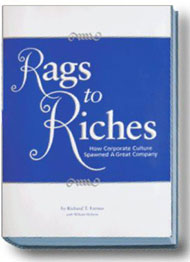It’s amazing how social media has accelerated the transmission of certain ideas. I blogged last Friday criticizing the media for treating allegations against Hillary Clinton the same way they treat the outrages that Donald Trump commits and continues to commit. I used the phrase “false equivalence.” I had never heard it before. I thought I invented it. Maybe, maybe not.
By Sunday, the Times public editor Liz Spayd published a piece defending the Times coverage against the concept of “false equivalence.”
Then on Monday, President Obama mentioned it, not using the exact same words, but definitely the same concept: “We can’t afford to act as if there’s some equivalence here.”
And today Nick Kristof takes off on the concept. In a piece entitled “When a Crackpot Seeks Office,” he says: “I’m not sure that journalism bears responsibility, but this does raise the thorny issue of false equivalence, which has been hotly debated among journalists this campaign.”
And he adds: “I wonder if journalistic efforts at fairness don’t risk normalizing Trump, without fully acknowledging what an abnormal candidate he is.”
Another piece of this fight is this simple fact: many media organizations are fighting for their economic lives. By getting people to read about Trump and making it appear to be a close election, these organizations will be making millions of dollars. Is it the media’s self-interest really what’s driving the go-easy coverage of a delusional real estate czar?




